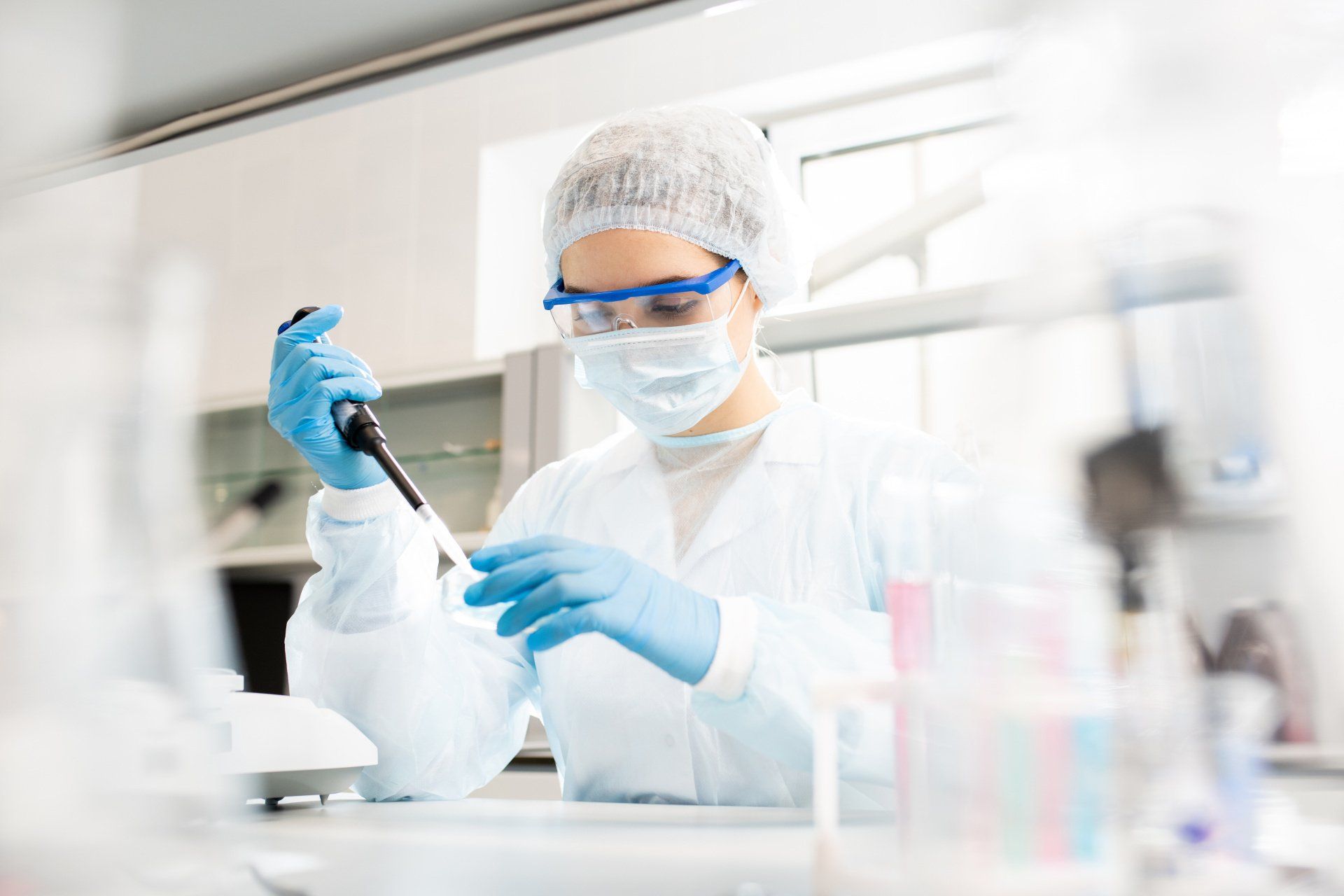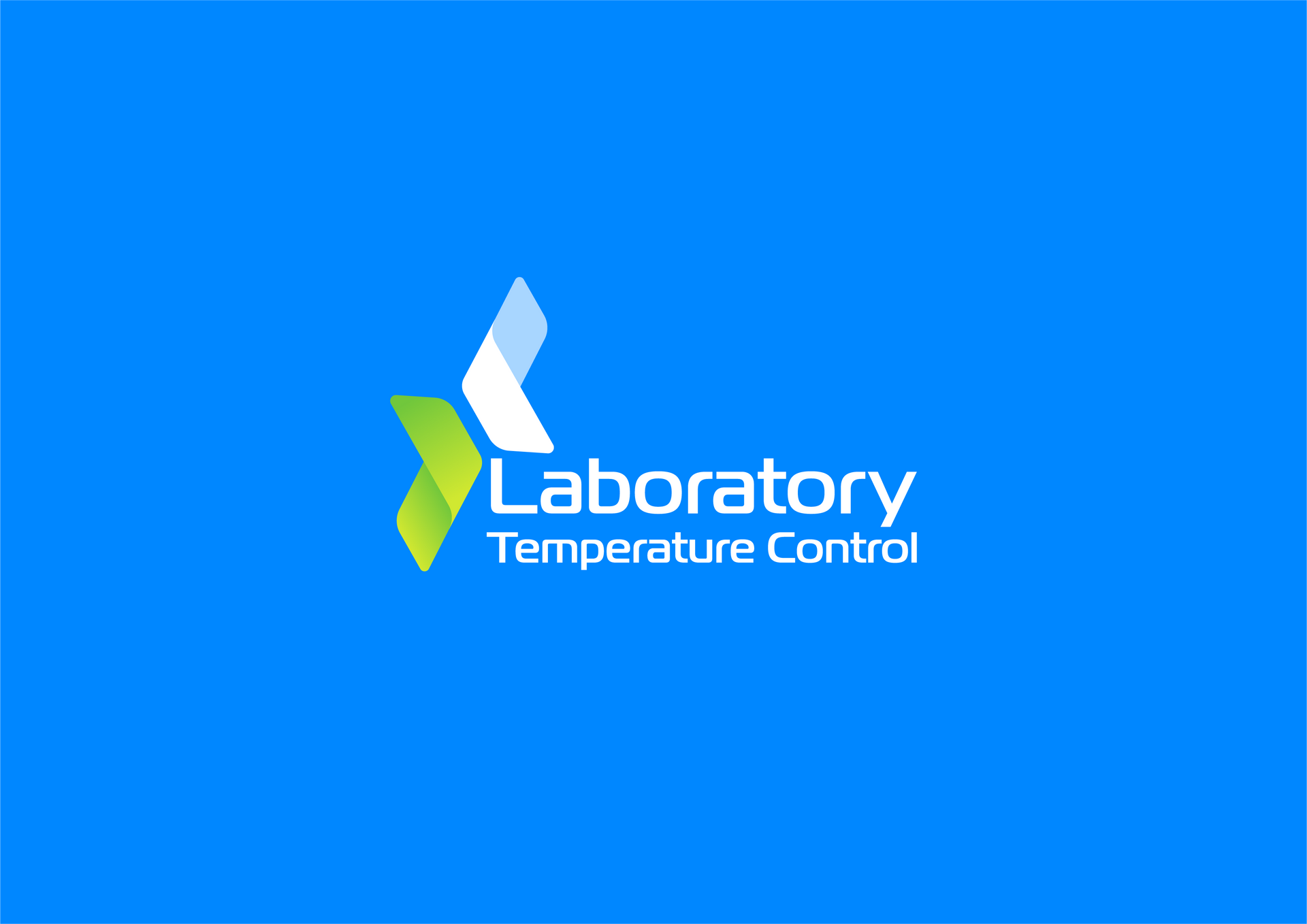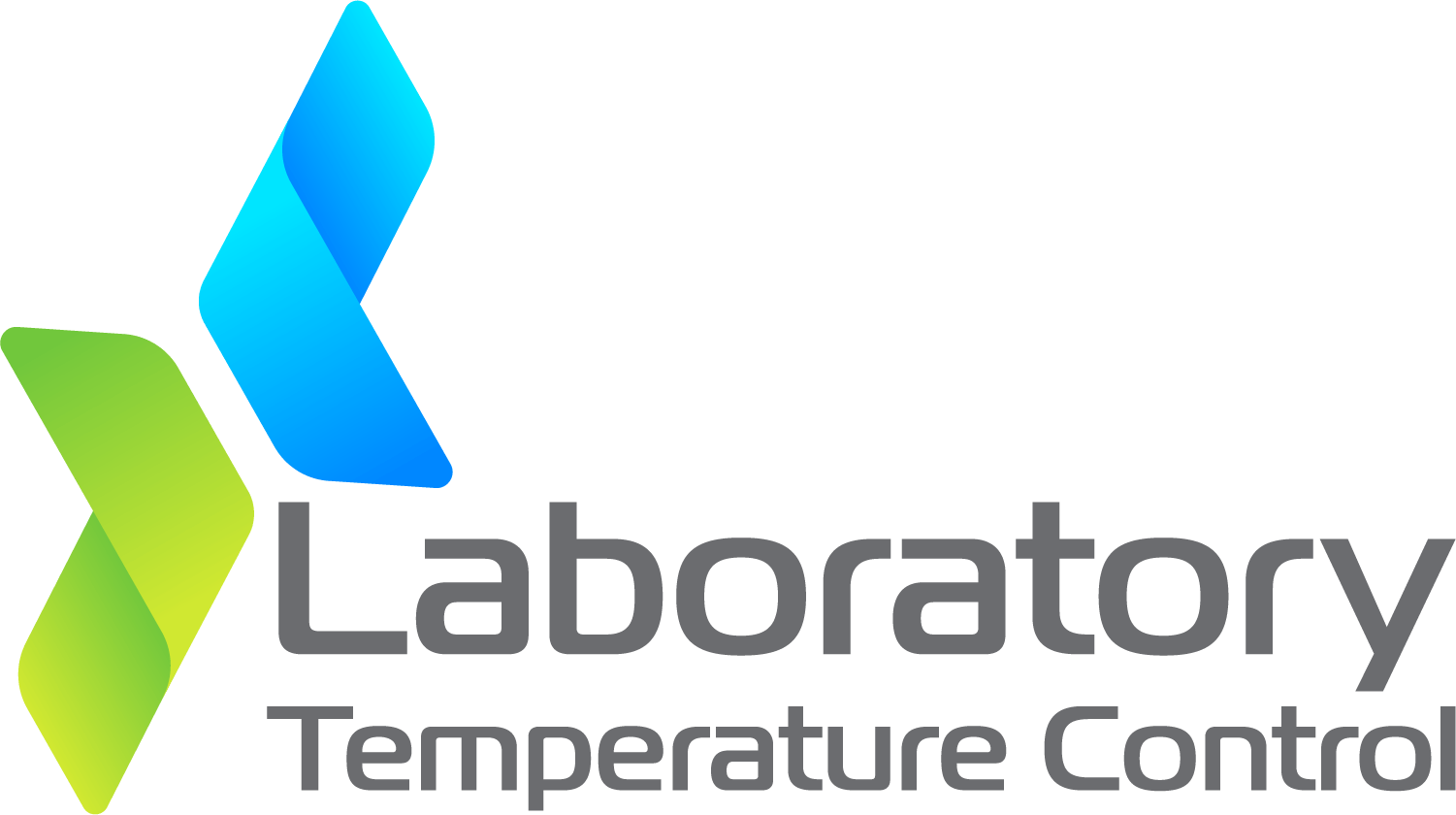What Temperature for Correct Laboratory Storage?
The critical importance of temperature control to sustain the quality of laboratory items means it’s vital you know the right temperature required to store different types of medicines, samples, drugs and equipment.
Even a slight error in temperature will compromise the performance of products and put patients’ lives in danger. Many laboratory cold rooms are designed with multiple areas, each operating at different temperatures.
To run your laboratory smoothly and meet industry compliance you’ll need a full overview of the different categories of cold storage and the types of products to store in each temperature range.
An array of factors, such as how often items are used and the length of their lifespan will affect the temperature at which pharmaceutical items should be stored. Here’s a full guide to the variety of storage temperatures necessary for accurate laboratory storage.

What Temperature for Correct Laboratory Storage?
1. Room Temperature: Some categories of biological samples designated for certain types of simpler testing, such as anatomy testing or histology, are likely to already be doused in preserving liquids.
These items, which are usually tissues, will withstand a degree of storage at room temperatures of around 20°C because they’ve already had a level of preservation treatment.
However, when stored at room temperature this category of product will have limited use and is still likely to diminish over time meaning these biological samples will prove unsuitable for more sophisticated tasks such as DNA studies.
2. Refrigeration: Products which are used frequently require refrigeration. The mid- temperature range refrigeration offers is particularly useful for items which would be compromised if taken in and out of the freezer.
However, refrigeration is a short-term storage solution and the length of time each item can be refrigerated and remain effective will vary.
Vaccines, medicines, drugs, popular biochemical reagents, such as antibodies and many types of biological samples, such as blood, must all be refrigerated at various temperatures usually clustering around 4°C.
Storage at this type of temperature range also makes it possible for staff to carry out temperature-sensitive tasks within the cold store if the laboratory cold storage design permits.
Vaccines are highly sensitive to temperature changes. Storage at a temperature level that’s too high or low could make life-saving vaccines extremely hazardous to patients.
Therefore, the vast majority of vaccines require careful refrigeration in a dedicated area of laboratory cold storage to safeguard their integrity although a selection of the newest vaccines, such as Pfizer, must be deep frozen.
3. Freezer: Most laboratory cold storage designs include an area/s for frozen storage because some categories of biological samples and specialist vaccines require frozen storage to remain stable.
These well-used items are usually stored at temperatures of around -20°C although each product will have its own temperature requirement so always check items individually first. Storage at this temperature range is a short-term measure.
4. Deep Freeze: For long-term storage many items will require a deep freeze. Heavy use means many laboratories have separate storage for items which need ultra low temperature-control, if space allows.
Larger labs often choose to create a freezer farm for large quantities of temperature sensitive items. Biological samples, vaccines and more can be frozen for longer periods safely in these purpose-built deep freeze areas. For the most sensitive products liquid nitrogen may be used to create a super-stable environment at the lowest temperature.
Freezer farms are highly sensitive to temperature changes so items stored at an ultra-low temperature should not be frequently disturbed by staff. The freezer farm’s temperature control system will need to be robust with high-performing monitoring systems complete with fast-response alerts and backup protocols for any changes in temperature.
Always remember to check your laboratory storage practices follow statutory requirements for safe storage required by the UK Medicines and Healthcare Regulatory Agency. Refer to MHRA guidance and company policy to ensure storage is compliant and meets all company and sector regulations.
We provide world-class, bespoke laboratory cold storage design, installation and maintenance. Whether you need a medical laboratory cold room, pharmaceutical cold room, consultation services and more, discover more about our services today or call us now on:
0800 193 0076
to discuss your needs.













The Importance of Having a Breakdown and Service Contract in Place for Your Pharmaceutical Cold Room




Proudly Serving the UK & Western Europe
Operating from our head office in London, we deliver projects throughout Western Europe, including Ireland, France, Germany, the Netherlands, Belgium, Spain, and the Nordics. Our team has experience delivering both public and private sector contracts, navigating local regulations, and maintaining seamless quality across borders.

Request a Consultation
We welcome formal tenders, technical proposals, and partnerships with procurement teams, consultants, and principal contractors.
Footer Quick Quote
Thank you for contacting us!
Please try again later.
Latest News
Find the latest news, information, tips and advice about pharmaceutical and medical laboratory cold rooms in our blog.






Consulting
Get in Touch
Telephone:
0800 193 0076
Email:
contact@laboratorytemperaturecontrol.co.uk
Laboratory Temperature Control
Ryhope Road
London
N11 1DP
Stay Connected
Join our newsletter and find out more
Contact Us
We will get back to you as soon as possible
Please try again later
All Rights Reserved | Laboratory Temperature Control

